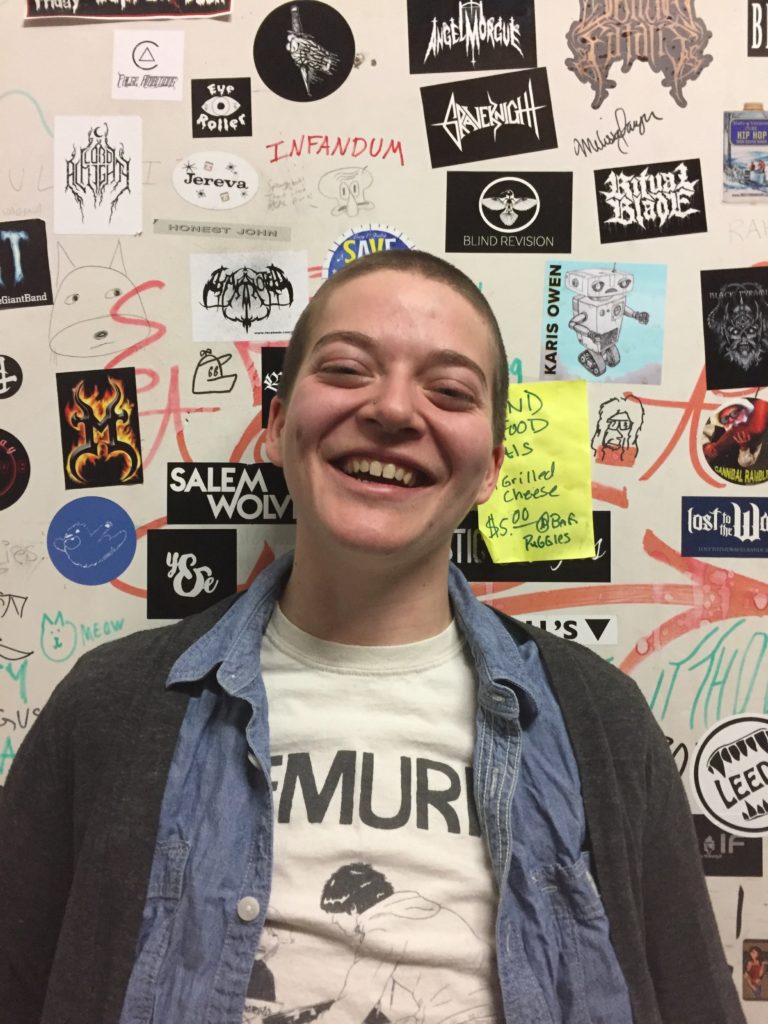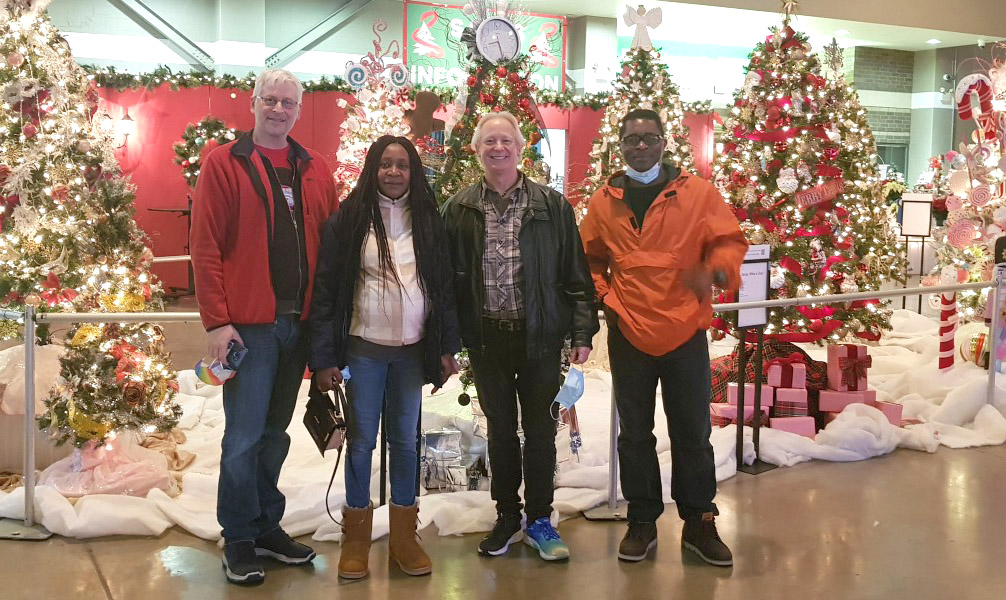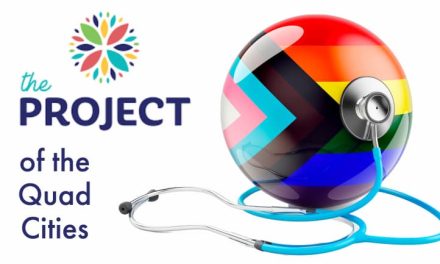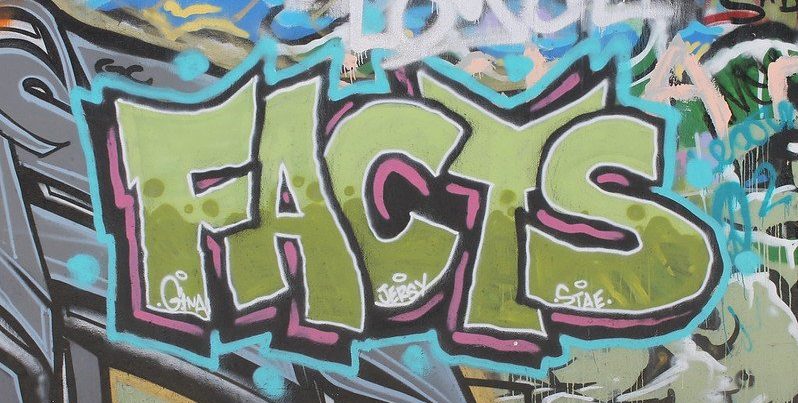
Hide and mask.
I was in fifth grade and had to catch the bus in 20 minutes. My choices for attire that day were laid out on my bed: either black gym shorts, or slightly shinier black basketball shorts. My shirt choices were all at least one size too big.
Sometimes, the other kids would ask, “Why do you wear boys’ clothes?” I didn’t have an answer. They whispered, and sometimes spat at me, that I was the “fat tomboy.” These sounded like dirty words.
I adapted. High school was the age of the dress, bows, and flowers. If I could choose one word to sum up those years, it would be, “overcompensation.” Instead of focusing on the types of clothes I wore, I obsessed over how the clothes looked on my body.
This led to obsessive measuring: calculating the calories I consumed, and tracking how many miles I had to run to negate those numbers. It seemed more socially acceptable to try and change my body from the inside out.
Hide and mask.
This took a new form when I moved to Iowa City in 2012 to attend the University of Iowa. It was a time of transformation, the same changes most young adults experience when they venture outside of their parents’ grasp.
I changed my major, fell in love with a woman for the first time ever,, and started a long career as the notorious “John’s Girl,” at John’s Grocery. I earned two bachelor’s degrees, joined roller derby, and was able to explore the queer aspects of my identity.
“I realized my blood began to boil, just below the surface of my female and butch identity. The match I had lit was doused.”
— Ox Fotheringham
The awakening of my queer preferences was like striking a match against its specialized surface: I needed the friction, to start discovering my true overall identity.
But as you’ll read, that match could not stay lit here in Iowa City. Very quickly after being embraced by the lesbian community, I also adopted the outer lesbian stereotype of flannels, combat boots, masculinity, and increased athleticism. I lived my life within the confines of “lesbian” and “female.”
After six years in Iowa City, I started to find myself often saying, “Yeah, I think I’d get top surgery if I had the money.” I’ve never been a fan of my own reflection, or pictures that showed my chest. Lipstick made me uncomfortable. I hated wearing jewelry, hence the bracelet tattoo on my right wrist.
Often, I would hear discussions and debates about gender as a social construct. At bars, at work, and within my friend groups, confusion and ignorance abounded.
The word “dyke” was thrown at me. It hurt like “fat tomboy.” Others would say, “I don’t understand why she wants to be called ‘they.’ She looks like a woman.” Even in this liberal bubble, my home, I sometimes felt alienated.
At the time, I didn’t understand why these comments felt like stabs at my own heart and mind. But I realized my blood began to boil, just below the surface of my female and butch identity. The match I had lit was doused. I was left with the sensation that I’d never had a chance to light the candle I knew was within me.
Hide and mask.
Last summer, I snapped. I had exhausted career options in Iowa City, and grown tired of staying up late drinking whiskey, only to regret my inertia in new experiences. Within a month, I landed a job in Rhode Island.
I shook the paralysis of Iowa City off and revved my engine to move my life forward.
The first month in Rhode Island was lonely — until someone at a roller derby practice said, “Hi, human. I never asked you what your pronouns were.”
I blushed and stammered, “Uh, well. I usually just go by she/her/hers but I’ve thought about they/them before.” “Okay, I’ll use they for you then.” And there it was.
Without question or expectation — no begging, prodding, confusion or ignorance — and protected by my new environment, my flame lit my candle. No more hiding. And no more masking.
I encounter a lot of well-mannered curiosity and inexperience with this new identity, especially when reconnecting with my Iowa roots. To exist outside of the binary, as neither male nor female, is still baffling to a large percentage of the population.
I intend to break that binary with my identity and prose.





